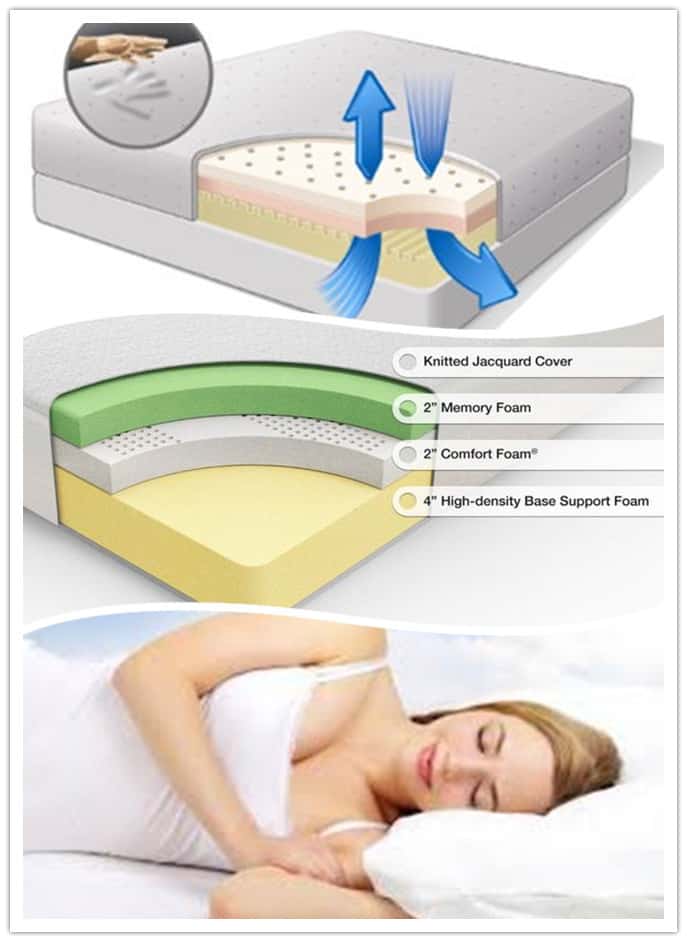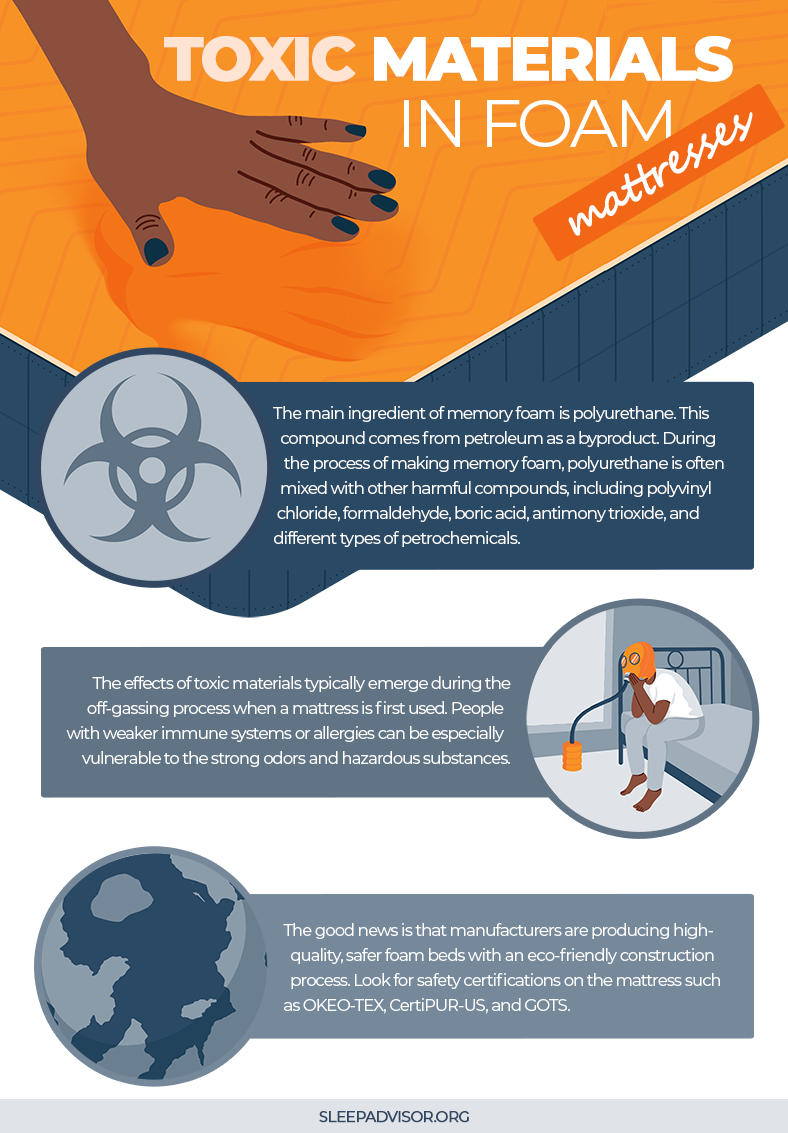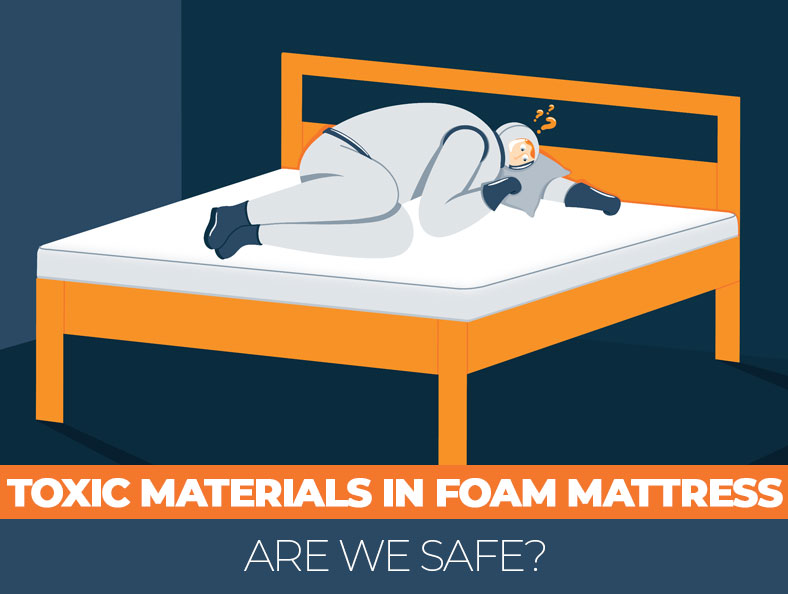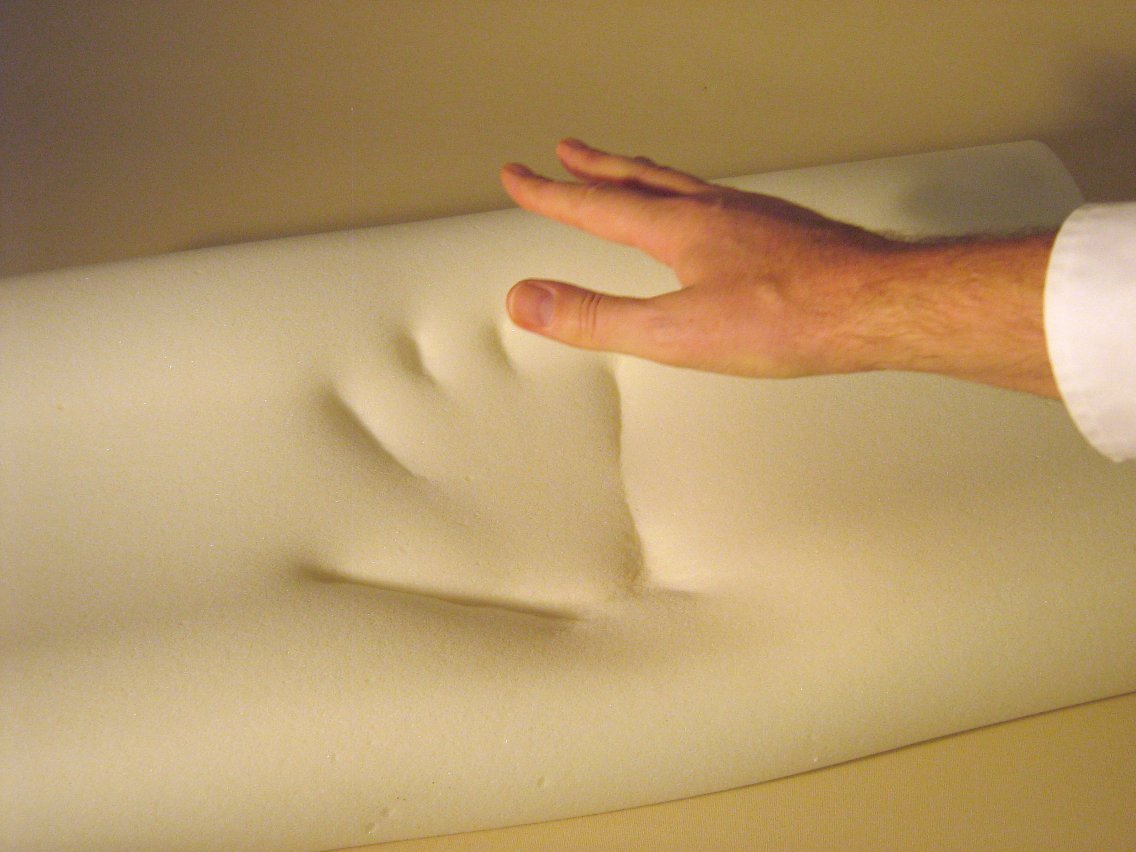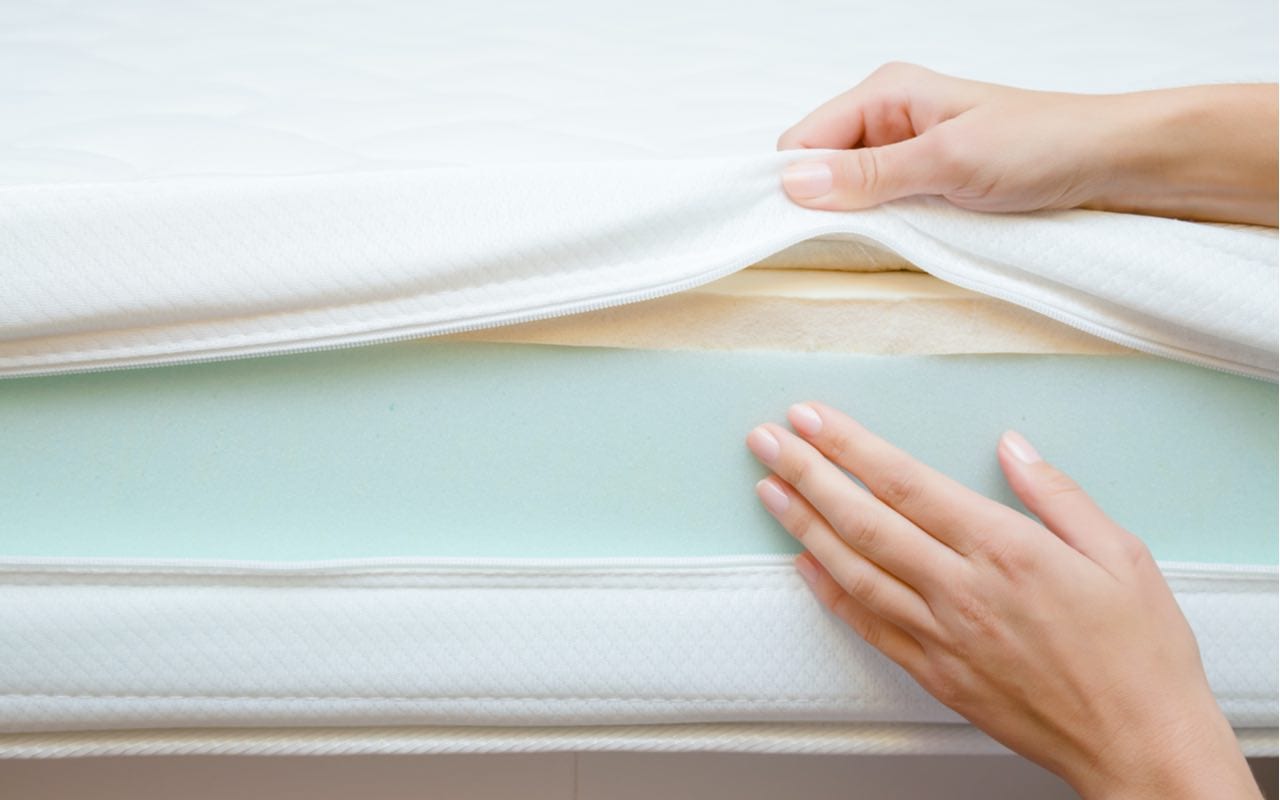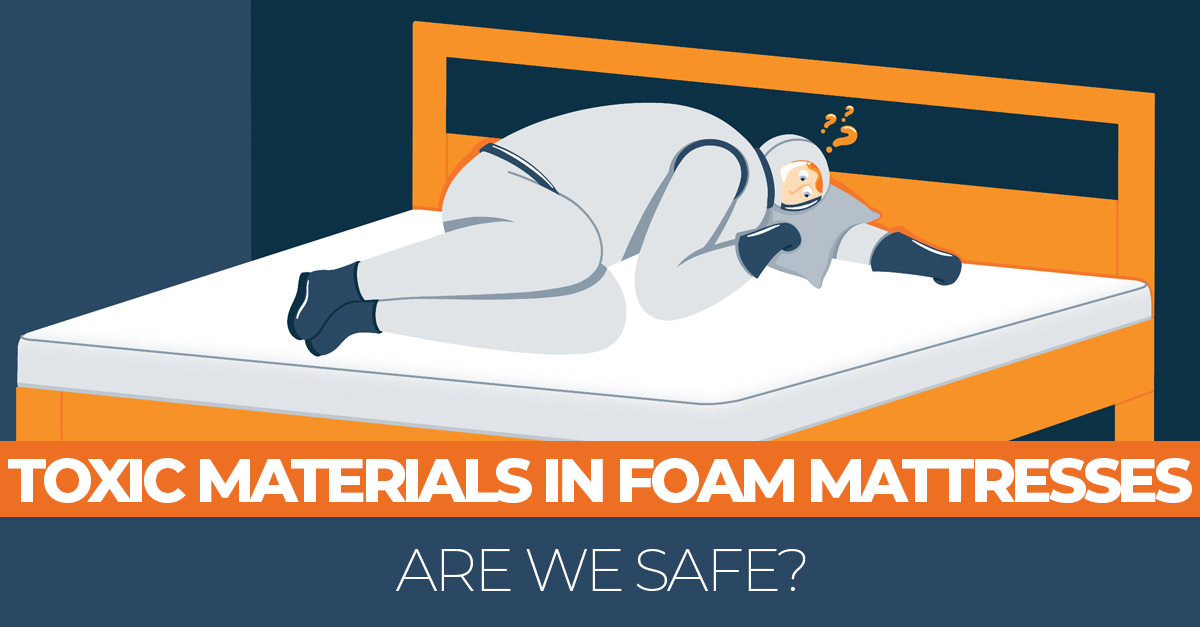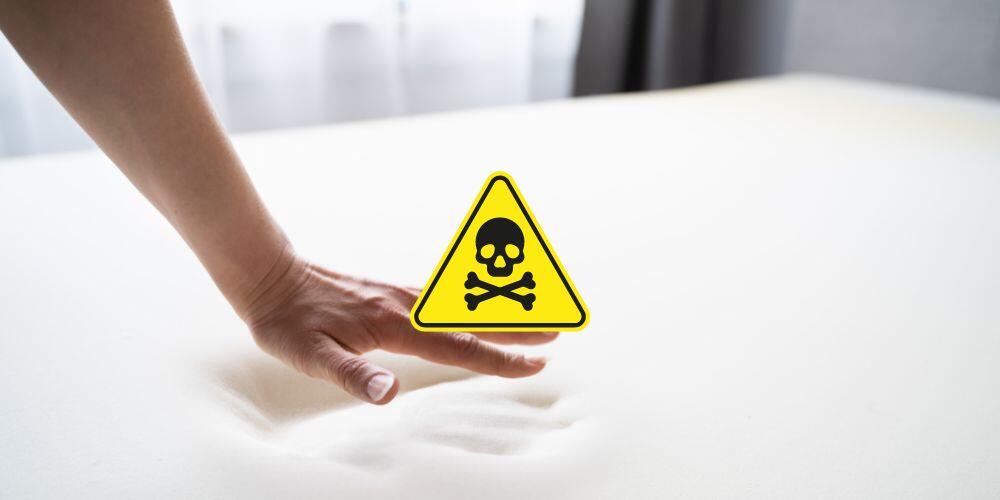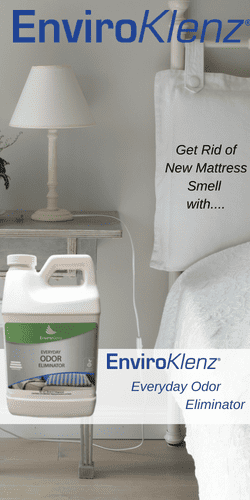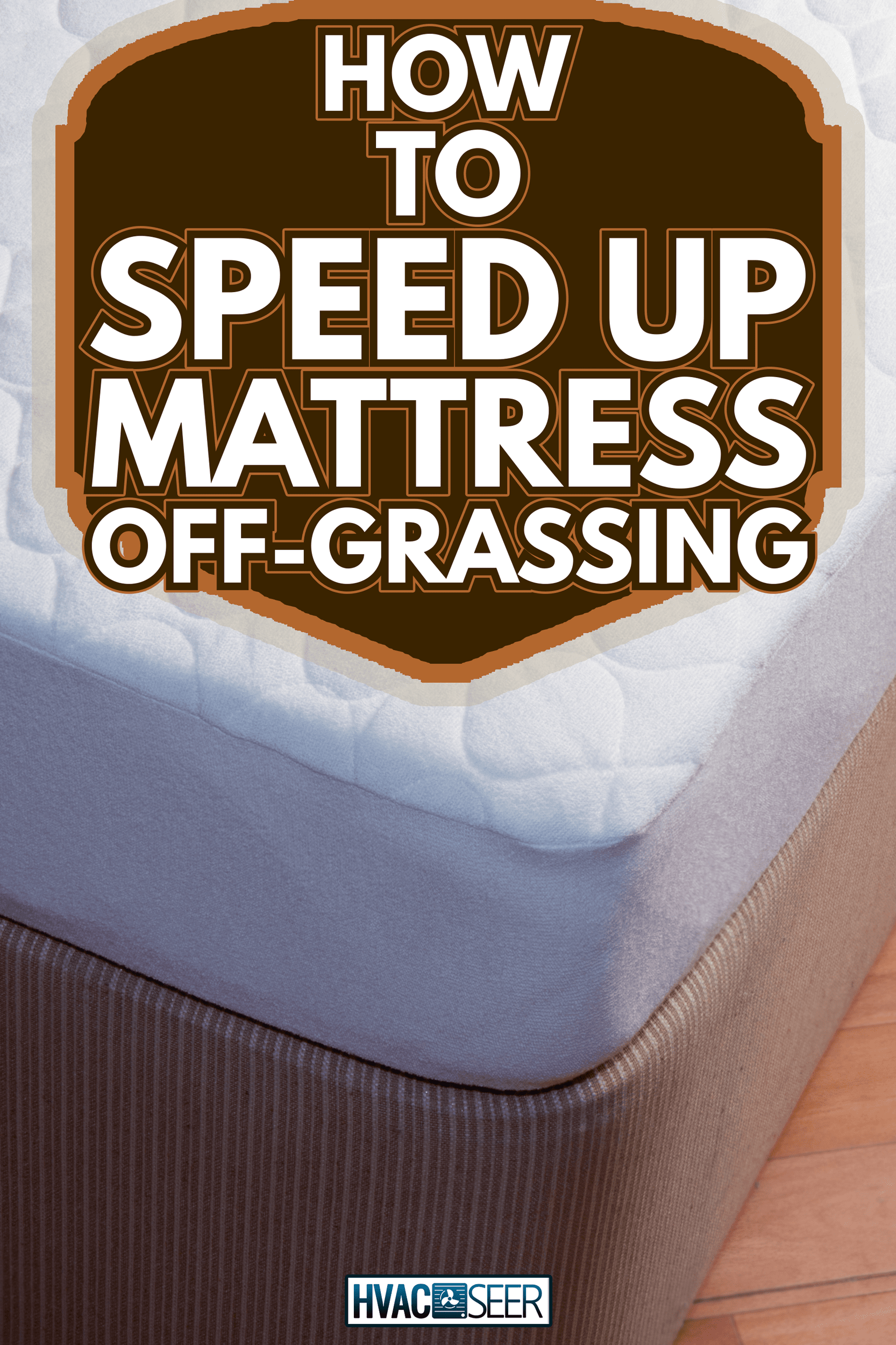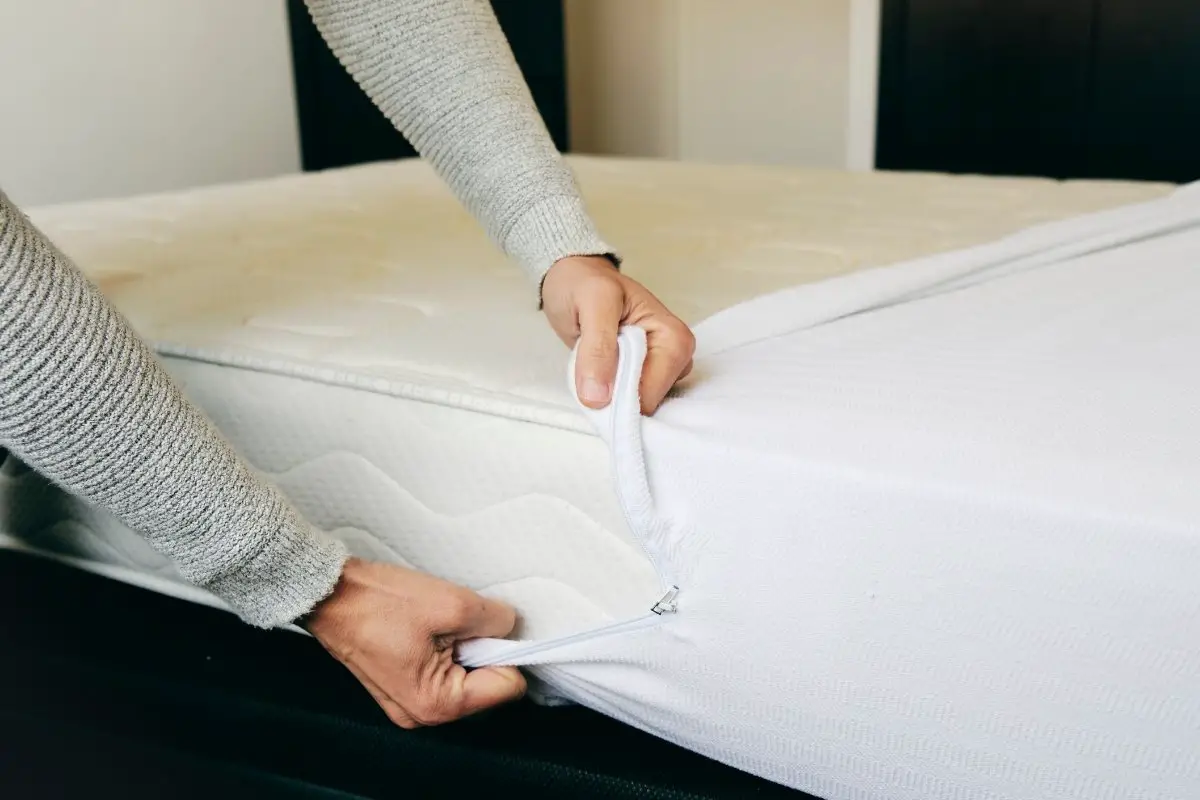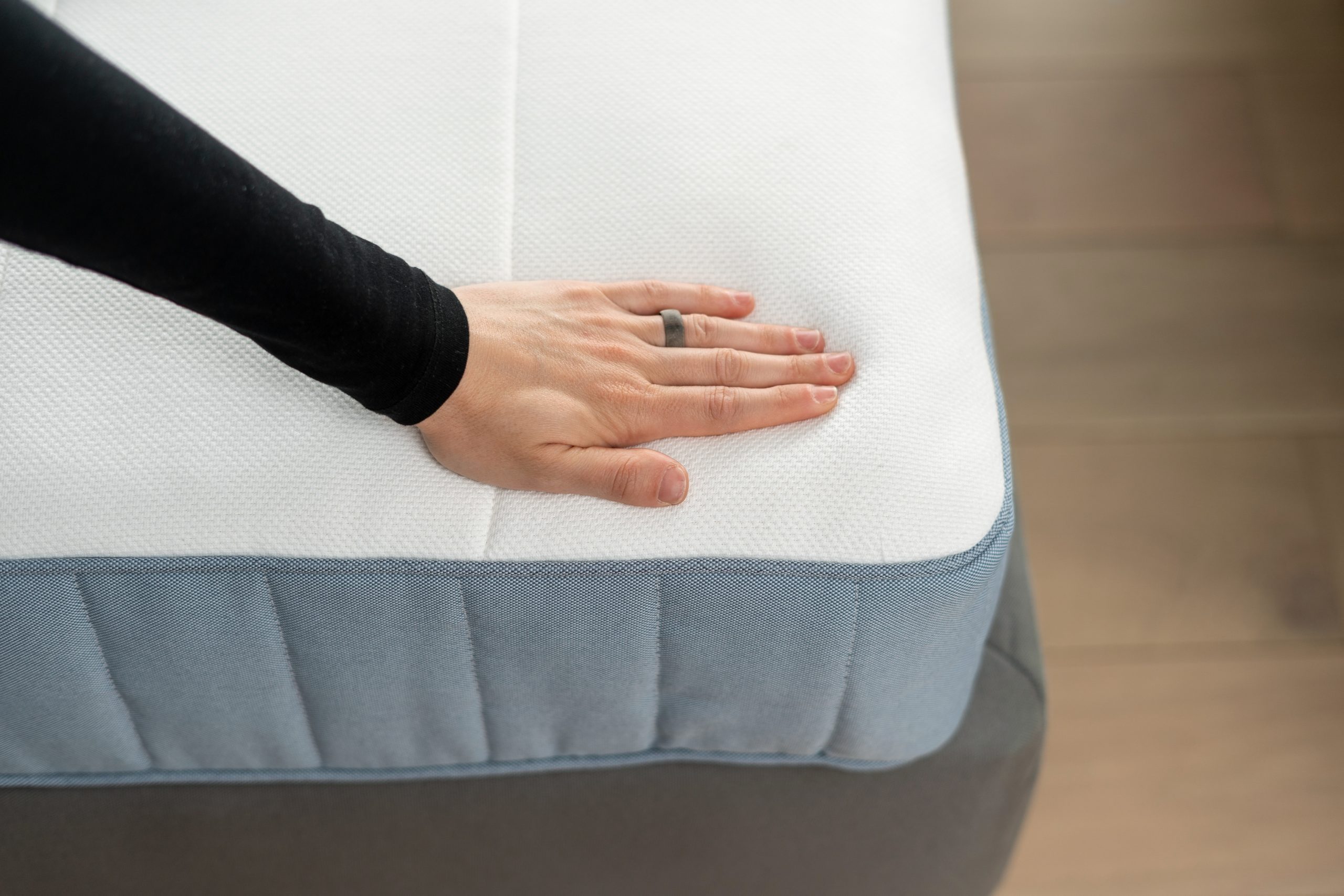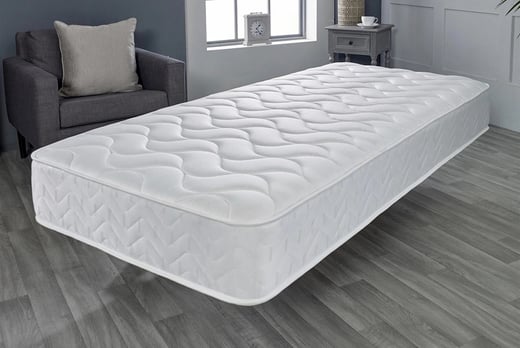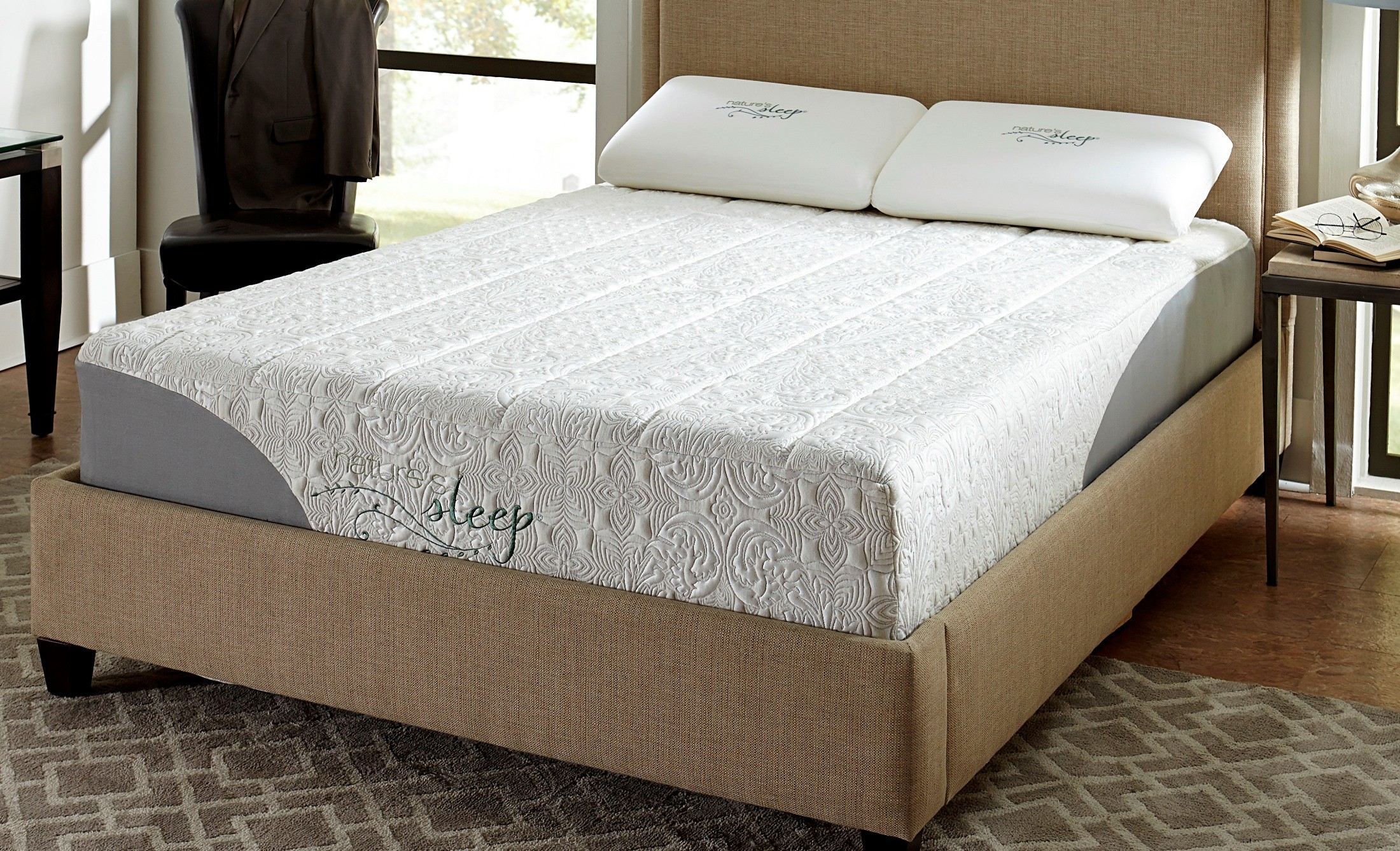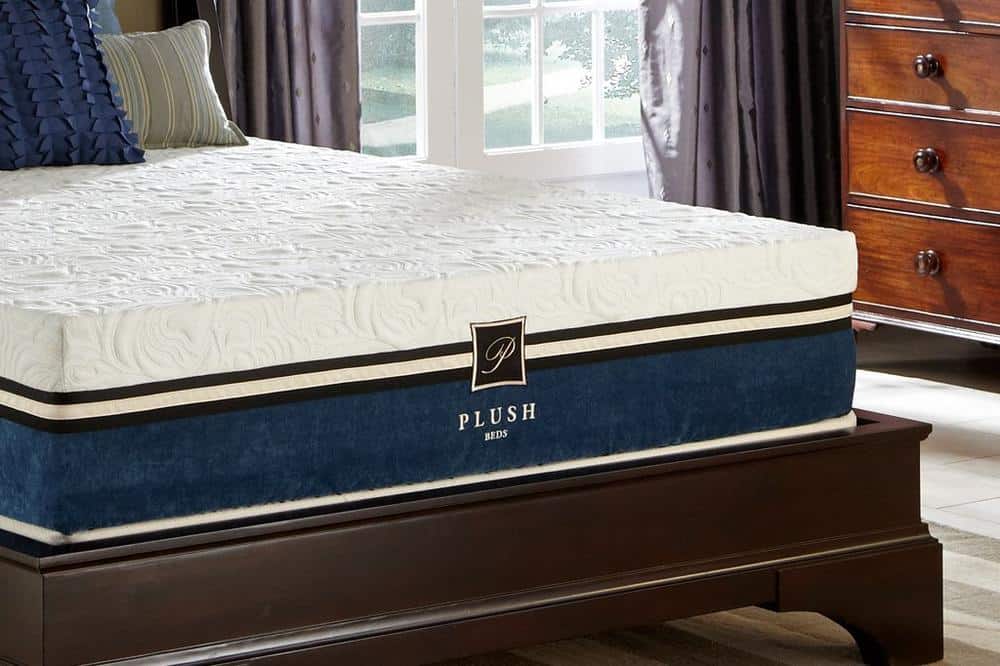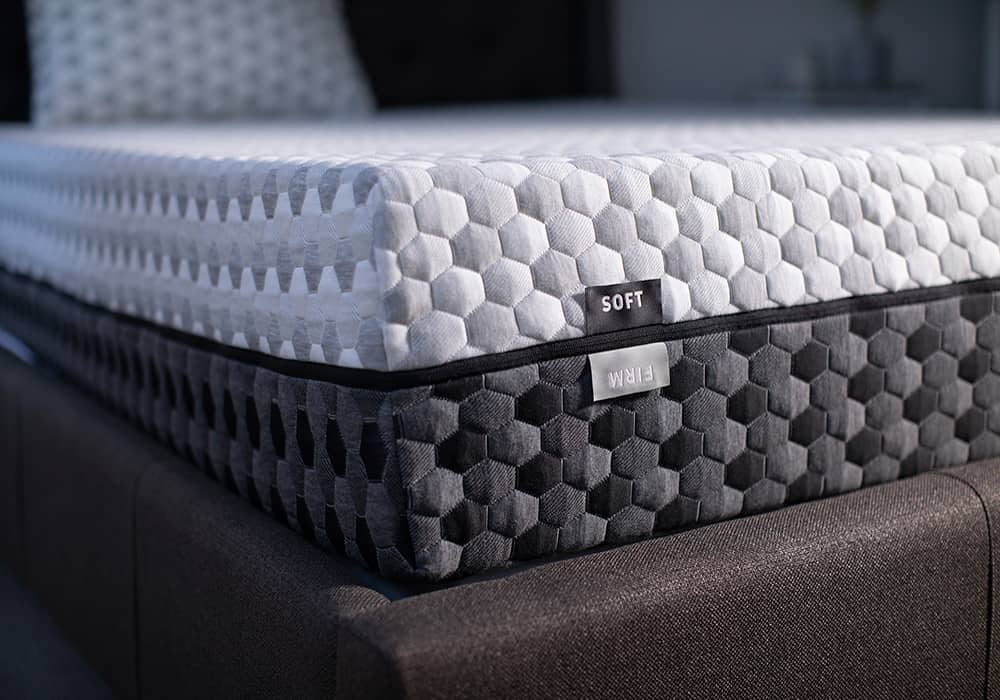Memory foam mattresses have become increasingly popular in recent years due to their ability to conform to the body and provide pressure relief. However, what many people may not realize is that these mattresses are made with a number of chemicals that can potentially be harmful to our health and the environment. In this article, we will explore the top 10 main memory foam mattress chemicals and their potential effects.Memory Foam Mattress Chemicals
Memory foam mattresses are made with a variety of chemicals, including polyurethane foam, viscoelastic foam, and other synthetic materials. While these materials provide the signature comfort and support of memory foam, they can also release potentially harmful chemicals into the air we breathe as we sleep. Polyurethane foam, the main ingredient in memory foam, is made from petroleum-based chemicals. These chemicals can off-gas volatile organic compounds (VOCs) such as formaldehyde, benzene, and toluene, which have been linked to respiratory problems, headaches, and other health issues. Viscoelastic foam is another key component of memory foam mattresses. It is made from polyurethane foam that has been treated with additional chemicals to give it its unique properties. While this foam provides the contouring and support that we love about memory foam, it can also release VOCs and other toxic substances into the air.Chemicals in Memory Foam Mattresses
Many of the chemicals used in memory foam mattresses have been classified as toxic or potentially harmful to our health. These include VOCs, flame retardants, and formaldehyde. Let's take a closer look at these chemicals and their potential effects. Volatile Organic Compounds (VOCs) are chemicals that can easily evaporate at room temperature, releasing potentially harmful gases into the air we breathe. Common VOCs found in memory foam mattresses include benzene, toluene, and formaldehyde. These chemicals can cause irritation to the eyes, nose, and throat, as well as headaches, nausea, and dizziness. Flame Retardants are added to memory foam mattresses to make them comply with safety regulations. However, many of these flame retardants have been linked to health issues such as hormonal disruptions, reproductive problems, and even cancer. These chemicals can also leach out of the mattress over time and contaminate the environment. Formaldehyde is a chemical commonly used in adhesives and resins to hold memory foam layers together. Exposure to formaldehyde has been linked to respiratory problems, skin irritation, and even cancer. This chemical can also off-gas from memory foam mattresses, leading to potential health concerns.Toxic Chemicals in Memory Foam Mattresses
Off-gassing is the process by which chemicals are released from a product into the surrounding environment. Memory foam mattresses are known for their off-gassing, which can last for weeks or even months after the mattress is unwrapped. During this time, the mattress releases VOCs and other chemicals into the air, which can be harmful to our health and the environment. Off-gassing is especially concerning for those with respiratory issues or allergies, as it can aggravate these conditions and lead to discomfort and difficulty breathing. It can also cause headaches and other symptoms in sensitive individuals.Memory Foam Mattress Off-Gassing
Formaldehyde is a particularly concerning chemical found in memory foam mattresses, as it has been classified as a known human carcinogen by the International Agency for Research on Cancer. Formaldehyde is used in the production of memory foam and can off-gas from the mattress, potentially causing health issues for those exposed to it. Exposure to formaldehyde can cause respiratory problems, skin irritation, and even certain types of cancer. It is important to avoid products that contain this chemical, especially in items that we use on a daily basis, such as mattresses.Formaldehyde in Memory Foam Mattresses
Volatile Organic Compounds (VOCs) are a major concern when it comes to memory foam mattresses. These chemicals can off-gas from the mattress, releasing potentially harmful gases into the air. Long-term exposure to VOCs has been linked to a variety of health issues, including respiratory problems, headaches, and even cancer. When shopping for a memory foam mattress, it is important to look for those that are certified as low-VOC or free from VOCs altogether. This can help reduce your exposure to these harmful chemicals and create a healthier sleep environment.Memory Foam Mattress VOCs
Flame retardants are commonly used in memory foam mattresses to make them comply with safety regulations. However, many of these chemicals have been found to have negative effects on our health and the environment. They can leach out of the mattress over time and contaminate the air and water, posing a risk to both humans and wildlife. When shopping for a memory foam mattress, look for those that are made without the use of flame retardants or that use safer alternatives, such as natural materials like wool.Memory Foam Mattress Flame Retardants
The potential health concerns associated with memory foam mattresses are becoming increasingly well-known. The chemicals used in these mattresses can cause a range of health issues, from respiratory problems to hormonal disruptions and even cancer. This is especially concerning for those who spend a significant amount of time sleeping on a memory foam mattress. It is important to educate ourselves about the potential health risks associated with memory foam mattresses and to make informed decisions when purchasing bedding products. Look for mattresses that are certified as low-VOC, eco-friendly, and free from harmful chemicals.Memory Foam Mattress Health Concerns
Thankfully, there are now many eco-friendly memory foam mattresses available on the market. These mattresses are made with natural and organic materials, reducing the use of harmful chemicals and creating a healthier sleep environment. They are also better for the environment, as they are made with sustainable materials that do not release harmful substances into the air and water. When shopping for an eco-friendly memory foam mattress, look for certifications such as CertiPUR-US or GOLS (Global Organic Latex Standard) to ensure that the product is made with safe and sustainable materials.Eco-Friendly Memory Foam Mattresses
For those looking for a memory foam mattress that is completely free from harmful chemicals, non-toxic options are available. These mattresses are made with natural and organic materials and are free from VOCs, flame retardants, and other toxic substances. They provide all the comfort and support of memory foam without the potential health risks. When purchasing a non-toxic memory foam mattress, look for certifications such as GOTS (Global Organic Textile Standard) and GOLS to ensure that the product is truly free from harmful chemicals.Non-Toxic Memory Foam Mattresses
The Impact of Memory Foam Mattress Chemicals on Your Health

Understanding the Chemicals Used in Memory Foam Mattresses
 Memory foam mattresses have become increasingly popular in recent years due to their ability to conform to the body and provide a comfortable night's sleep. However, what many people don't realize is that these mattresses are made using a variety of chemicals that can have potential health implications. Memory foam mattresses are typically made from a polyurethane foam, which is then infused with various chemicals to give it its signature properties.
Memory foam mattresses have become increasingly popular in recent years due to their ability to conform to the body and provide a comfortable night's sleep. However, what many people don't realize is that these mattresses are made using a variety of chemicals that can have potential health implications. Memory foam mattresses are typically made from a polyurethane foam, which is then infused with various chemicals to give it its signature properties.
The Concerns Surrounding Memory Foam Mattress Chemicals
 One of the main concerns surrounding memory foam mattress chemicals is the off-gassing process. This occurs when the chemicals used in the mattress break down and release volatile organic compounds (VOCs) into the air. These chemicals can potentially cause respiratory irritation and other health issues, especially for those with sensitivities or allergies.
Some of the chemicals used in memory foam mattresses, such as isocyanates and flame retardants, have also been linked to long-term health effects such as cancer and reproductive disorders. These chemicals can also have a negative impact on the environment, as they can leach into the soil and water supply.
One of the main concerns surrounding memory foam mattress chemicals is the off-gassing process. This occurs when the chemicals used in the mattress break down and release volatile organic compounds (VOCs) into the air. These chemicals can potentially cause respiratory irritation and other health issues, especially for those with sensitivities or allergies.
Some of the chemicals used in memory foam mattresses, such as isocyanates and flame retardants, have also been linked to long-term health effects such as cancer and reproductive disorders. These chemicals can also have a negative impact on the environment, as they can leach into the soil and water supply.
Choosing a Safer Memory Foam Mattress
 Fortunately, there are options for those who want the comfort of a memory foam mattress without the potential health risks. Look for mattresses that are CertiPUR-US certified, which means they have been tested for harmful chemicals and emissions. Additionally, choosing a mattress made with plant-based memory foam instead of traditional petroleum-based foam can also reduce the amount of VOCs and other chemicals present.
It's also important to properly ventilate your bedroom and allow your new memory foam mattress to air out for a few days before use. This can help to reduce the off-gassing process and any potential health risks.
In Conclusion
, while memory foam mattresses can provide a comfortable and supportive sleep surface, it's important to be aware of the chemicals used in their production and the potential impact on your health. By understanding the chemicals used and choosing a safer option, you can enjoy the benefits of a memory foam mattress without compromising your well-being.
Fortunately, there are options for those who want the comfort of a memory foam mattress without the potential health risks. Look for mattresses that are CertiPUR-US certified, which means they have been tested for harmful chemicals and emissions. Additionally, choosing a mattress made with plant-based memory foam instead of traditional petroleum-based foam can also reduce the amount of VOCs and other chemicals present.
It's also important to properly ventilate your bedroom and allow your new memory foam mattress to air out for a few days before use. This can help to reduce the off-gassing process and any potential health risks.
In Conclusion
, while memory foam mattresses can provide a comfortable and supportive sleep surface, it's important to be aware of the chemicals used in their production and the potential impact on your health. By understanding the chemicals used and choosing a safer option, you can enjoy the benefits of a memory foam mattress without compromising your well-being.
